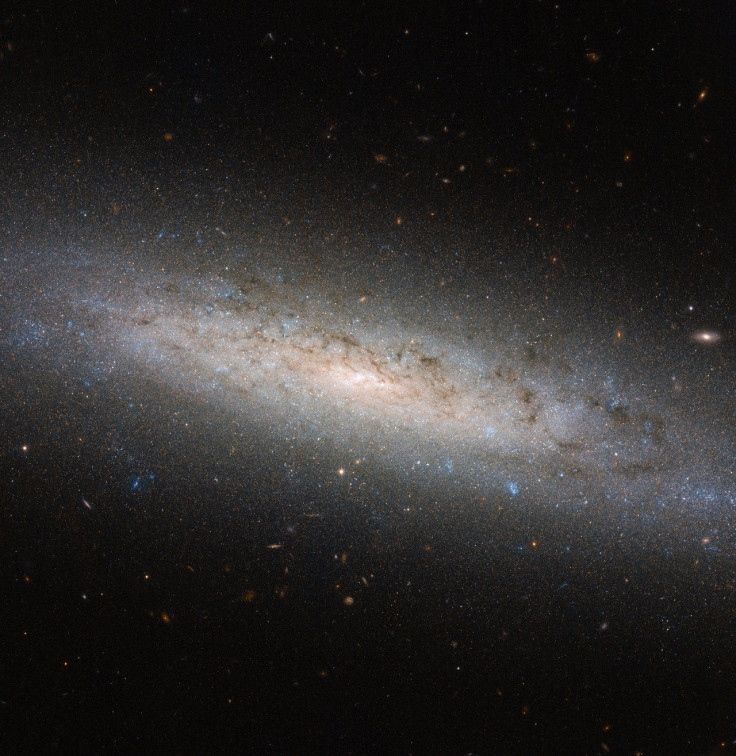Dark Matter Gets More Mysterious: May Be Older Than Big Bang
Researchers from Johns Hopkins University have presented mathematical evidence to show that dark matter may have existed before the Big Bang.
While dark matter is not directly observable, scientists know it exists because of how if affects visible matter.
Scientists believe that dark matter makes up about 80 percent of the mass of the universe, but it remains shrouded in mystery.
Not much is known about its origins, but dark matter is known to play an important role in the formation of galaxies and galactic clusters.
Researchers have long thought that dark matter is a leftover substance from the Big Bang. Researchers have searched for this kind of dark matter but attempts have so far been unsuccessful.

Tommi Tenkanen, a postdoctoral fellow in Physics and Astronomy at the Johns Hopkins University, said that if dark matter were indeed a remnant of the Big Bang, researchers should have already seen a direct signal of it in different particle physics experiments.
In their study published in Physical Review Letters, Tenkanen and colleagues used a new and simple mathematical framework to show that dark matter may have been produced before the Big Bang.
It may have been born during the cosmic inflation, when space was expanding very rapidly. Scientists believe that the rapid expansion led to copious production of particles known as scalars, albeit the Higgs boson is to date the only scalar particle that has been discovered.
"We do not know what dark matter is, but if it has anything to do with any scalar particles, it may be older than the Big Bang. With the proposed mathematical scenario, we don't have to assume new types of interactions between visible and dark matter beyond gravity, which we already know is there," Tenkanen said.
This is not the first time that scientists proposed dark matter existed before the Big Bang but earlier theorists have not come up with calculations to support the idea.
Tenkanen said the new study shows that researchers have overlooked the simplest possible mathematical scenario for the origins of dark matter.
“Dark matter (DM) may have its origin in a pre-big-bang epoch, the cosmic inflation. Here, we consider for the first time a broad class of scenarios where a massive free scalar field unavoidably reaches an equilibrium between its classical and quantum dynamics in a characteristic timescale during inflation and sources the DM density,” he wrote.
© Copyright IBTimes 2025. All rights reserved.





















